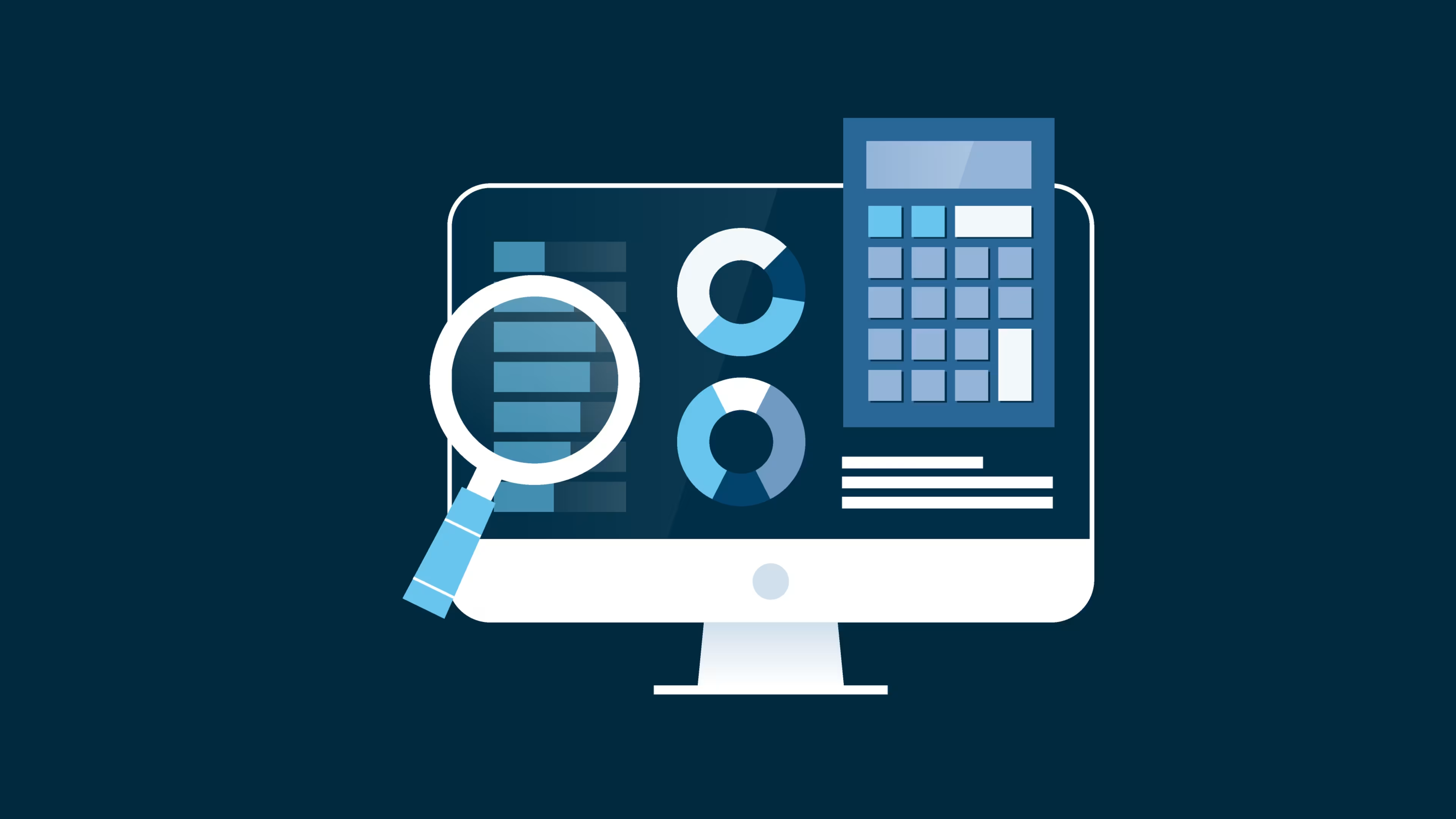Rely on business analytics to help your company analyze historical data and predict future business scenarios.
Business analytics is a broad term for software that support a company’s decision-making processes. These solutions are used to build analysis models and simulations that mimic real-world scenarios so that companies can better understand realities and predict future states. Simply put, these valuable insights empower businesses to evaluate overall company performance to make future improvements.
It's crucial for businesses to make data-informed decisions to ensure the growth of their company over time. With business analytics, companies can turn historical data into actionable insights that can help improve customer service experiences, optimize marketing tactics, and enhance overall business practices.
The importance of business analytics in today’s digital age
Business analytics allow organizations to analyze their business and find critical insights for future growth. It helps companies operationalize data so that they can function more efficiently and reduce costs, and enables business leaders to better understand their target audience and build deeper customer relationships. Most importantly, business analytics makes decision-making a much quicker process for businesses.
Determining staffing levels, predicting sales, identifying potential business problems, developing marketing strategies, and forecasting costs are some everyday use cases of business analytics. Currently, many companies are using this data to predict the demand for products and services, allowing them to maintain high standards without overproducing unnecessary items.
Key benefits of using business analytics:
Identify problem areas of business
Identify new business opportunities
Forecast customer behavior
Improve customer experience
Establish the need for resources to meet future demands
Remove redundancies in processes or systems
Make better business decisions based on data, not assumptions
Evaluate current data collection processes
How business analytics can help small to midsize businesses (SMBs) succeed
Small to midsize businesses are not usually considered to be "data-driven." However, this does not mean they can't benefit from business analytics. By providing SMBs with the data they need to make informed business decisions, business analytics can help them prosper.
For instance, smaller software companies are often at a disadvantage when competing with bigger companies that have more capital to invest in marketing, research and development, as well as sales. By giving SMBs access to information that larger firms usually underutilize due to their size, business analytics can work wonders for small software vendors.
6 ways business analytics can benefit small businesses
Gain a market advantage through big data and predictive analytics
Identify product trends and potential sales opportunities
Boost productivity by analyzing daily operations and staffing needs more efficiently
Predict what product to offer and at which price point in order to maximize revenue and profit
Monitor and understand customer purchasing behavior to recommend relevant products
Increase efficiency and productivity through automation by collecting, organizing, and utilizing readily available business data
Related FAQs
How does business analytics work?
By using data aggregation, data mining, forecasting, and predictive analytics, business analytics can help businesses increase sales, reduce costs, and make better decisions.
What are the different types of business analytics?
Descriptive, diagnostic, predictive, and prescriptive are common types of business analytics that can deliver valuable insights and help businesses make data-informed decisions.
How can business analytics help in decision-making?
By providing data-driven insights, business analytics can help in decision-making. It can also provide information about past events, trends, and patterns that may not be readily apparent.
Want more info on business analytics tools?
Now that you have learned what the concept of business analytics is and how it can assist the growth of your organization, consider exploring automated business intelligence tools.
Browse our list of top companies and learn more about their features in Capterra's data analytics and business intelligence companies hiring guide.
